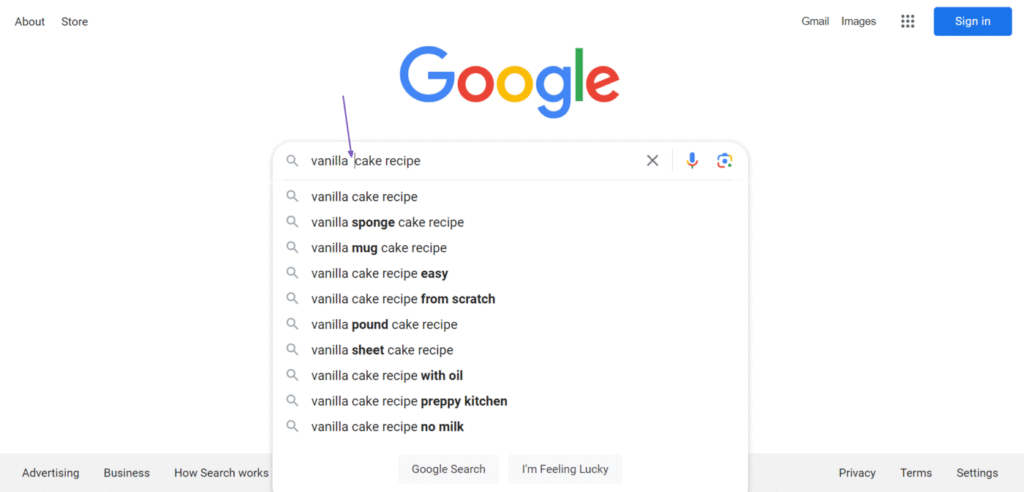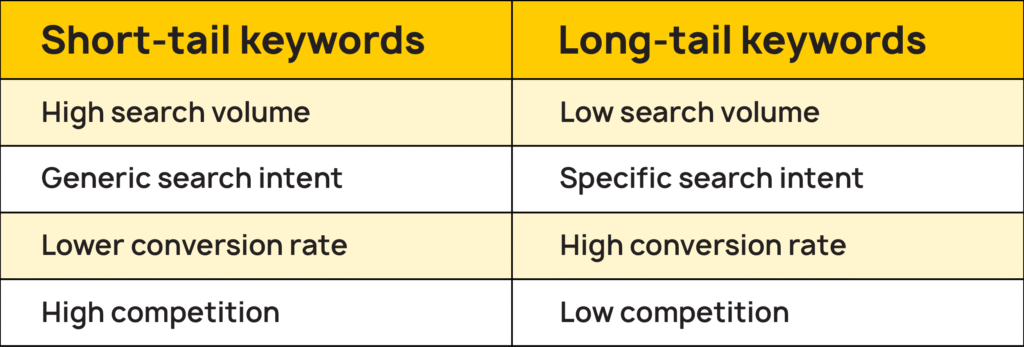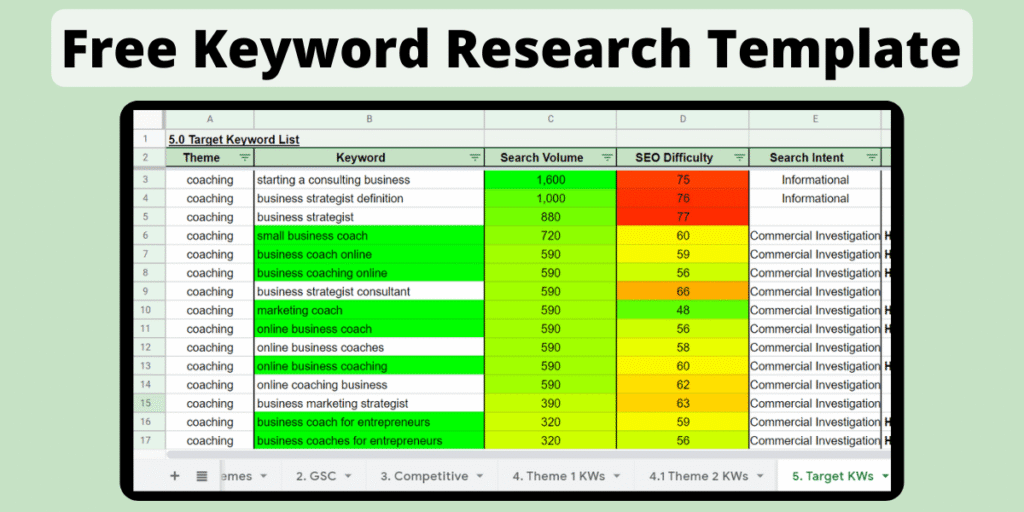Keyword research is the backbone of successful blogging.
If you want your blog posts to rank on Google and attract the right audience, you must know how to find the right keywords—especially if you’re just starting out. The good news? You don’t need to spend a dime. There are several powerful free keyword research tools that can help you get started.
In this comprehensive guide, we’ll walk you through how to do keyword research for blog posts using free tools. You’ll learn how to:
- Understand what keyword research is
- Find keywords that your audience is actually searching for
- Analyze keyword competition
- Pick the best keywords for your blog
Let’s dive in!
What is Keyword Research?
Keyword research is the process of finding and analyzing search terms that people enter into search engines like Google. These terms help you understand:
- What your target audience is looking for
- How often they search for it
- How competitive it is to rank for that keyword
Why Keyword Research Matters for Blogging
If you’re blogging without keyword research, it’s like throwing darts in the dark. You might hit the target—but it’s mostly luck.
Proper keyword research helps you:
- Get more organic traffic
- Write content that solves real problems
- Stay ahead of your competition
- Build topical authority in your niche

Step-by-Step Process: How to Do Keyword Research (For Free)
Step 1: Brainstorm Seed Keywords
Start with broad topics related to your blog niche.
Examples for a blogging niche:
- Blogging tips
- How to start a blog
- WordPress SEO
- Blog traffic
These are your seed keywords—the starting point for finding long-tail keyword opportunities.
Pro Tip: Think like your target reader. What would they search on Google?
Step 2: Use Google Autocomplete & Related Searches
Google gives free keyword suggestions right in its search bar. Just start typing a keyword and look at the suggestions.
Also, scroll to the bottom of the search results to find “related searches.”

Step 3: Use Free Keyword Research Tools
Here are some of the best free tools for keyword research:
1. Ubersuggest (by Neil Patel)
- Website: ubersuggest.com
- Provides keyword ideas, search volume, and SEO difficulty
2. Google Keyword Planner
- Requires a free Google Ads account
- Great for search volume data and keyword variations
3. AnswerThePublic
- Visual tool that shows questions people are asking about a keyword
- Great for content ideas
4. AlsoAsked
- Maps “People Also Ask” data from Google
- Helps you uncover content gaps
5. Keyword Tool.io (Free Version)
- Uses Google Autocomplete to generate long-tail keywords
Step 4: Analyze Keyword Metrics
Key metrics to focus on:
- Search Volume: How many people search for this keyword each month?
- Keyword Difficulty (KD): How hard is it to rank?
- CPC (Cost Per Click): Indicates keyword’s value
Focus on low competition, high volume keywords when starting.

Step 5: Find Long-Tail Keywords
Long-tail keywords are longer, specific phrases (3+ words).
Examples:
- How to start a blog on WordPress for free
- Best free tools for keyword research
- Blogging tips for beginners 2025
These keywords usually have lower competition and higher intent.

Step 6: Group & Organize Keywords by Topic
Create a simple spreadsheet to organize keywords by category.
Example format:
- Topic: Starting a Blog
- Keywords: how to start a blog, blogging for beginners, blog setup checklist
This helps with content planning and creating topic clusters.
Step 7: Choose the Right Keyword for Each Blog Post
Choose a primary keyword (your main focus) and a few secondary keywords to support it.
Example:
- Primary Keyword: how to do keyword research for blog posts
- Secondary Keywords: free keyword tools, keyword research for beginners, SEO keyword tips

How to Use Keywords in Your Blog Post
Once you’ve picked your keywords, here’s where to use them:
- Blog post title (H1)
- First 100 words of your content
- Subheadings (H2, H3)
- Image alt text
- Meta description
- URL slug
- Naturally throughout the content
Don’t overstuff! Focus on readability and value.
Pro Tips for Keyword Research Success
- Revisit your keyword list regularly
- Track performance with Google Search Console
- Focus on user intent
- Combine tools for better accuracy
- Use keywords to build content clusters
FAQ: Keyword Research for Beginners
Ubersuggest and AnswerThePublic are very beginner-friendly and require no technical skills.
Start with 1 primary keyword and 2–4 related secondary keywords.
Final Thoughts
Keyword research isn’t just for SEO pros—it’s an essential skill every beginner blogger should master.
With the right free tools and a smart process, you can:
- Discover what your audience wants
- Create high-value blog content
- Improve your rankings and visibility
Start today—pick a tool, find a topic, and build your next blog post around solid keyword research.





